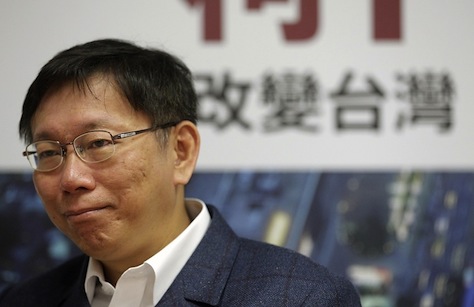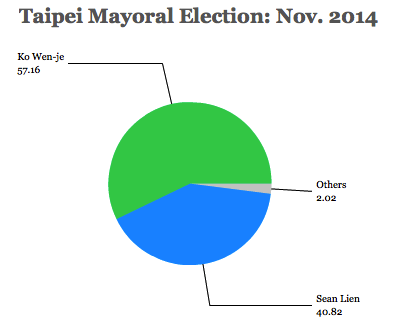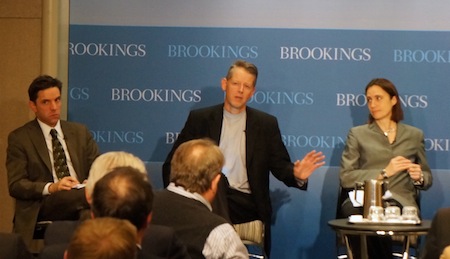In some ways, Malcolm Fraser was the ‘George W. Bush’ of Australian politics.![]()
For many Australians, especially on the left, his road to the premiership was tainted by the original sin of having taken power in a bloodless coup, when he convinced Australia’s governor-general to appoint him prime minister (and ousting Labor’s Gough Whitlam) in the middle of a political meltdown that, to this day, serves as a touchstone for constitutional crisis in Australia. As defence minister from 1969 to 1971, Fraser was among the first officials who bore responsibility for bringing Australia into the US-led Vietnam quagmire.
Fraser, who quickly won his own mandate in 1975, and again in 1977 and in 1980, died today at age 84. He served as prime minister from the center-right Liberal Party and, though he came to office with a reputation for very conservative rhetoric, governed more as the patrician Ted Heath than free-marketeer Margaret Thatcher. Though he’d become Australia’s third-longest serving prime minister — he left public office after his 1983 defeat by popular Labor leader Bob Hawke — he became in his later years a pariah in Liberal circles, beginning with what many young Liberal firebrands believed to be a milquetoast and unambitious record for an eight-year premiership.
* * * * *
RELATED: Remembering Gough Whitlam —
Australia’s progressive martyr
* * * * *
In his later years, however, Fraser became something else altogether. When his former treasurer, John Howard, returned the Liberals to power in 1996, he quickly found in Fraser more of a critic than an ally. The most searing rupture came over Iraq, ironically, with Fraser denouncing Howard’s willingness to send Australian troops to fight an American war in the Middle East.
By the end, Fraser had made peace with his ally Whitlam, who preceded Fraser, his old rival, in death by just five months. Fraser had so alienated Howard and the Liberal hierarchy that Fraser became he of an inconvenient fact, too contrarian to embrace with a record too long to forget.
Like Bush, however, whose efforts to reverse the HIV/AIDS plague across sub-Saharan Africa loom larger to his legacy with every passing year, Fraser too had a humanitarian side. He was a friend to the opponents of South Africa’s apartheid regime before it became a politically safe position, and he even opposed white minority rule in what was then Rhodesia, hastening the rise of majority rule in the new Zimbabwe (at a time when no one could have known just how horrendously Robert Mugabe would betray the promise of its independence). He pushed forward legislation to boost indigenous Australians, and he boosted immigration by welcoming Vietnamese refugees to Australia.
He died unloved — neither by the Liberals who viewed the Fraser years as a wasted opportunity nor by the Labor stalwarts who thought Fraser nothing more than a usurper. But his final message is one that US policymakers should hear more often, as outlined in his 2014 book, Dangerous Allies, a critique of the bilateral relationship between the United States and Australia.
Fraser’s most enduring legacy, beyond the disastrous constitutional plotting that ended Whitlam’s premiership, will be the voice he found later in life, two decades after the end of his own premiership in questioning Australia’s passive willingness to join the United States in short-sighted foreign policy. Continue reading What Malcolm Fraser can teach the United States




